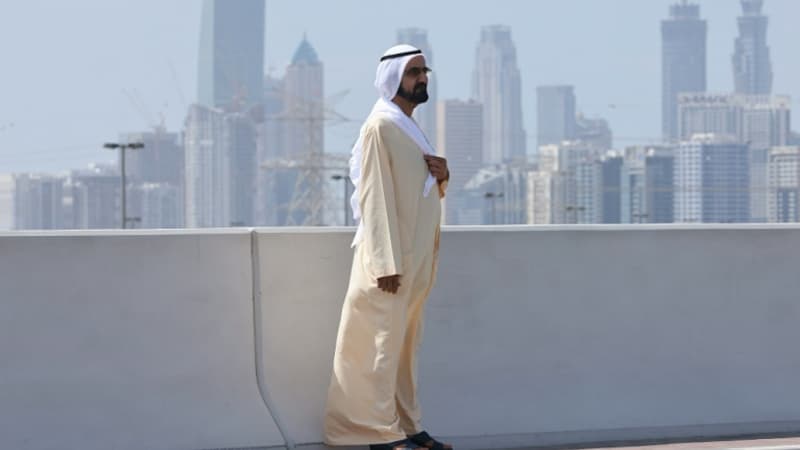The United Arab Emirates pledged on Monday to triple its production of renewable energy, as part of a series of initiatives announced just months before the UN climate summit scheduled for the oil-rich country. The Gulf state, which is one of the world’s top crude oil exporters, has also vowed to develop its hydrogen production and speed up the rollout of electric cars.
The authorities did not provide details about these new strategies, unveiled before the world climate conference (COP28), scheduled for the end of November in Dubai and during which hundreds of participants will discuss ways to fight global warming.
Around 50,000 million euros invested until 2030
The Council of Ministers has approved an update of the country’s “national energy strategy” that aims to “triple the contribution of renewable energy over the next seven years,” said the Emirati Prime Minister and leader of Dubai, Mohammed bin Rashid al- Maktoum, after a cabinet meeting. Up to 200 billion dirhams (about 50 billion euros) will be invested during this period to meet the growing demand for electricity, he said in a statement.
The second initiative “intends to consolidate the country’s position as a producer and exporter of low-emission hydrogen for the next eight years,” through the development of supply chains and infrastructure, and the establishment of a research center, it added. The country of almost 10 million people, 90% of whom are expatriates, also plans to have an extensive network of charging stations as part of a “national electric vehicle policy.” Chinese company WeRide will receive the country’s first license for autonomous vehicles, according to the statement.
The United Arab Emirates has been heavily criticized by environmental activists for choosing Sultan al-Jaber, the head of Emirati oil giant ADNOC, to chair COP28. The latter argues that fossil fuels are essential to the global economy and calls for a focus on carbon capture technologies to reduce emissions responsible for global warming. In 2021, the Gulf country committed to achieving carbon neutrality by 2050. This goal, however, does not take into account the emissions produced by oil exported and burned outside the country’s borders.
Source: BFM TV


